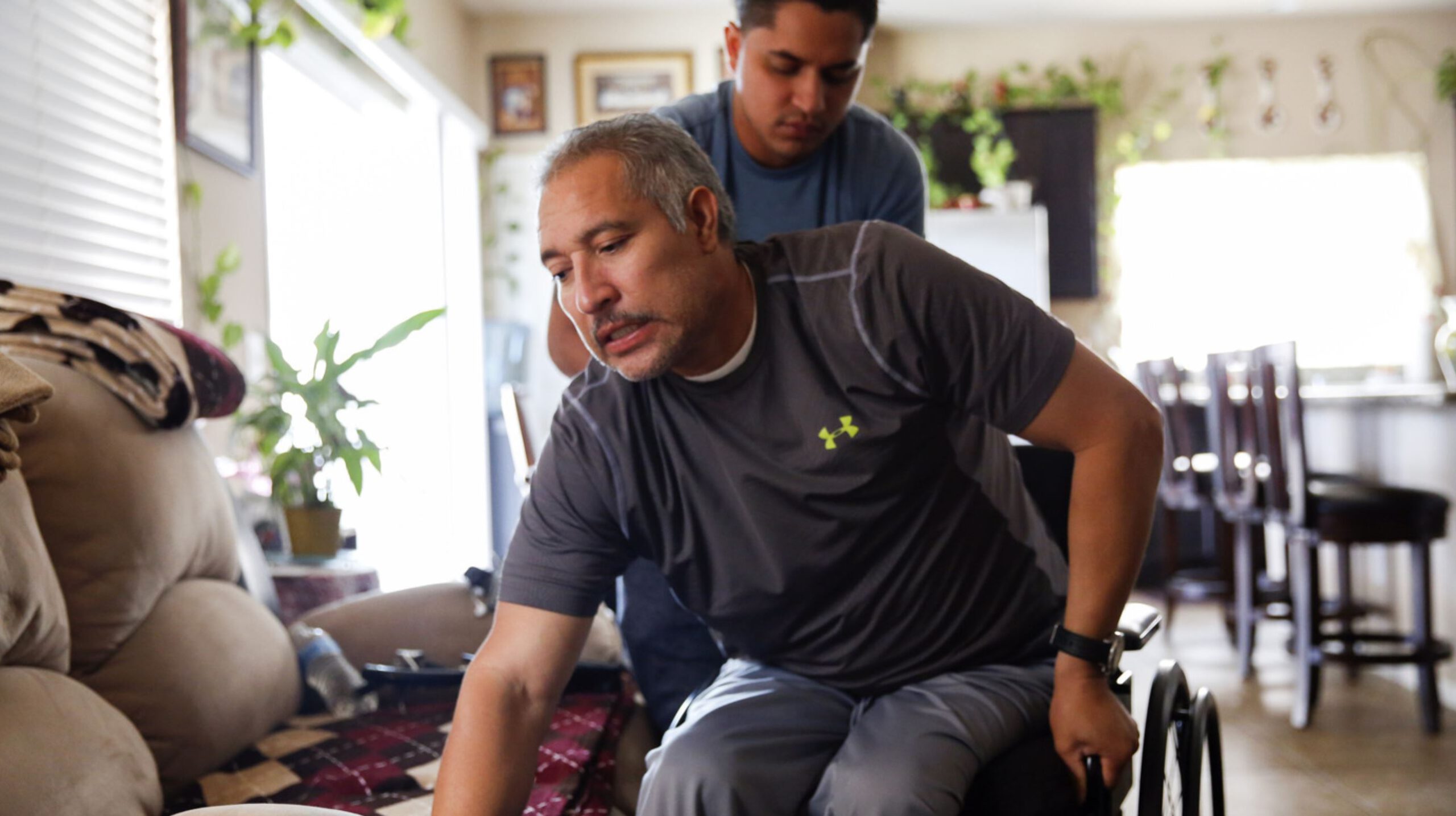What Do I Do If I Can’t Work Because of an Injury?
Most people are happy to work in order to provide for their families and keep their hands and minds occupied. However, if that privilege is taken out from under you due to a serious injury or illness, what do you do? How will you provide for your family?
“Unfortunately, the system is backed up against the injured worker,” Dennis Liotta, a managing partner of a law firm told FoxNews. “If they are injured on the job it provides a little more protection, but for people who aren’t injured on the job, the options are severely limited.”
An injury doesn’t have to put you out of work completely, however. You have options for providing for your family and recovering speedily so you can enjoy a higher quality of living.
Apply for Worker’s Compensation
Nearly every employer in the United States is required to hold a worker’s compensation policy, although requirements may vary by state. This is insurance designed to pay for your medical bills and lost wages in the event of an accident that occurred during work.
Don’t let a company tell you that you’re not eligible for worker’s compensation because you’re new.
“From the first day of your employment, you should be able to receive benefits if you are injured or fall ill at work,” explains work comp law firm Crossen Kooi Law, a firm in Indiana. “The length of time you’ve been with the company or how many hours you work each week should be irrelevant.”
The firm also warns about the statute of limitations on reporting an injury. Usually, it’s within 30 days of the incident, although there may be some extenuating circumstances that extend that period (such as the victim falling into a coma for more than 30 days).
Although eligibility requirements for workers’ compensation are easy to meet, they don’t apply to everyone.
“If you are in violation of company policies when injured—intoxicated or under the influence or working off the clock, for example—if you were committing a crime when injured, or if you failed to disclose a pre-existing condition that exacerbated or caused your illness or injury, your claim for workers comp benefits in Indianapolis could be reasonably denied,” the firm explains.
Try for Government Programs
There are certain government programs designed to help those who are injured or permanently disabled to care for their families. The most common is Social Security disability benefits, which will provide you with a monthly stipend to cover bills and living expenses.
Depending on the situation, you may qualify for unemployment while you’re out of a job, even if you were injured while at work.
“To qualify for unemployment benefits, you must be healthy enough to work,” explains Lainie Peterson of Small Business Chronicle. “If your job injury is so serious that you can’t work at any job, even with reasonable accommodations for your disability, it’s unlikely that your state will approve unemployment benefits. On the other hand, if your injury is such that you can’t perform your previous job, but can do other types of work, your state’s unemployment agency may approve your claim.”
Speak with your local government disability organization to determine whether or not you qualify for any of these programs.
File a Personal Injury Claim
If you weren’t injured at work and your government disability benefits aren’t cutting it, consider filing a personal injury claim. This claim sues the at-fault party (whether they hurt you intentionally or through negligence) for compensation for medical bills, lost wages, and pain and suffering.
To win a personal injury claim, you must be able to prove that it was the fault of someone else. This isn’t always possible, so it’s important to discuss your options with a qualified attorney who has experience. They’ll give you a free consultation and won’t take payment until they’ve won your case.
Don’t feel guilty about pursuing a personal injury claim. If it hadn’t been for the actions of another person, you would still be able to work and provide for yourself and your dependents. You deserve the compensation that a claim can provide you.

